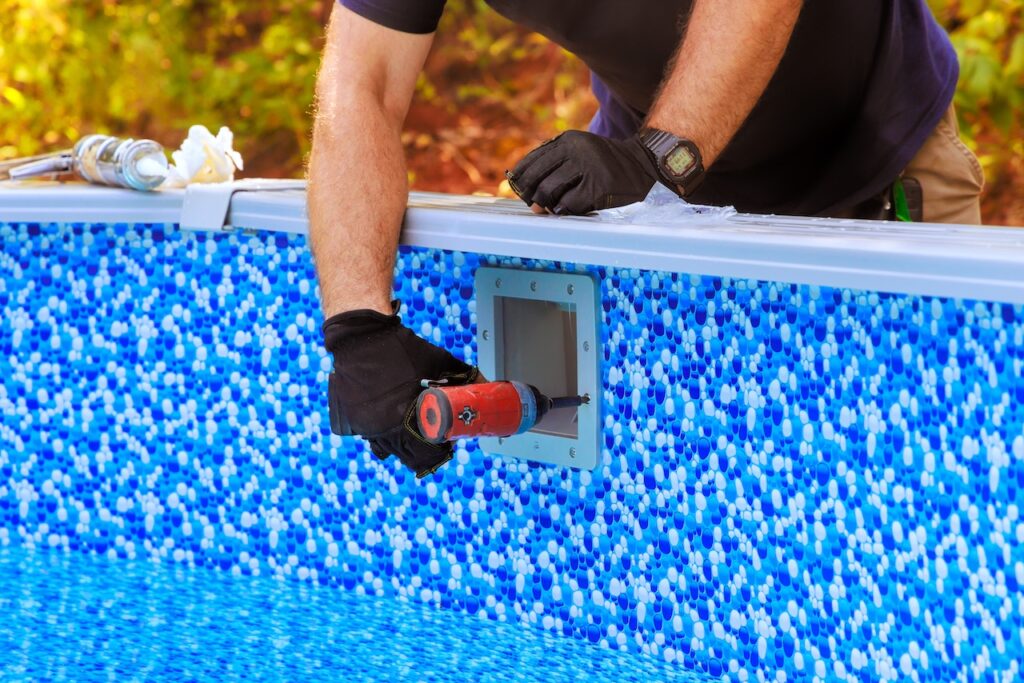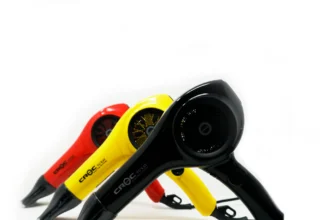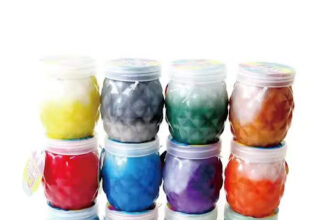Your backyard oasis represents more than just a place to cool off during hot summer days. It’s an investment that can provide decades of enjoyment and add significant value to your property—but only when properly maintained. Many pool owners discover too late that neglecting minor issues can lead to expensive replacements that could have been avoided with timely pool repair.
- The Most Common Pool Problems That Demand Immediate Attention
- Why Quick Action Saves Money Long-Term
- Modern Pool Repair Technologies and Techniques
- Advanced Leak Detection Methods
- Innovative Surface Repair Solutions
- Smart Monitoring and Preventive Maintenance
- When to Call Professionals vs. DIY Repairs
- Safety-Critical Repairs That Require Expertise
- Simple Maintenance Tasks for Motivated Owners
- Cost-Benefit Analysis of Professional vs. DIY
- Your Pool’s Future Starts Today
The difference between a pool that lasts 15 years and one that serves your family for 30+ years often comes down to how quickly you address problems when they arise. Smart pool owners understand that proactive maintenance and prompt repairs aren’t just about keeping the water clear—they’re about protecting a substantial financial investment while ensuring safe, enjoyable swimming for years to come.
This comprehensive look at pool repair will help you understand the most common issues that threaten your pool’s longevity, recognize early warning signs before they become costly disasters, and make informed decisions about when to tackle repairs yourself versus calling in professionals.
The Most Common Pool Problems That Demand Immediate Attention
Surface Cracks and Structural Issues
Pool surfaces endure constant exposure to chemicals, temperature fluctuations, and water pressure. Small hairline cracks in concrete or plaster might seem harmless, but they can quickly expand into major structural problems that compromise your pool’s integrity.
These surface imperfections allow water to seep behind the pool shell, potentially causing soil erosion and foundation shifting. What starts as a minor aesthetic issue can evolve into a complete pool reconstruction project if left unaddressed. Professional pool repair technicians can assess crack severity and recommend appropriate solutions, from simple patching to complete resurfacing.
Equipment Failures That Can’t Wait
Your pool’s filtration system, pump, and heater work around the clock to maintain water quality and temperature. When these essential components malfunction, the effects cascade quickly throughout your entire pool ecosystem.
Pump failures are particularly critical because they halt water circulation, leading to stagnant conditions that promote algae growth and chemical imbalances. Similarly, heater malfunctions during peak swimming season can render your pool unusable for extended periods. Regular equipment inspections and prompt repairs help prevent these inconvenient and expensive breakdowns.
Leak Detection and Resolution
Pool leaks waste thousands of gallons of water annually while potentially damaging surrounding structures and landscaping. Underground leaks are especially problematic because they’re often invisible until significant damage occurs.
Modern leak detection technology allows repair professionals to pinpoint exact leak locations without destructive excavation. Early intervention can save pool owners thousands of dollars in water bills, chemical costs, and property damage repairs.
Why Quick Action Saves Money Long-Term
The Compounding Effect of Delayed Repairs
Pool problems rarely remain static. A small equipment malfunction can stress other system components, leading to multiple simultaneous failures. For example, a malfunctioning pump forces your filtration system to work harder, potentially shortening its lifespan and increasing energy consumption.
Chemical imbalances caused by poor circulation can damage pool surfaces, requiring expensive resurfacing projects. By addressing initial problems quickly, you prevent this domino effect and maintain optimal system performance.
Seasonal Considerations for Pool Repair
Timing significantly impacts both repair costs and contractor availability. Emergency repairs during peak swimming season often command premium pricing due to high demand and urgent timelines. Planning non-emergency repairs during off-season months typically results in better pricing and scheduling flexibility.
However, certain issues can’t wait for convenient timing. Structural damage, major leaks, and equipment failures require immediate attention regardless of season to prevent further deterioration and safety hazards.
Modern Pool Repair Technologies and Techniques
Advanced Leak Detection Methods
Traditional leak detection involved guesswork and extensive excavation. Today’s professionals use electronic listening devices, pressure testing, and thermal imaging to precisely locate leaks without damaging surrounding areas.
These non-invasive techniques reduce repair time, minimize property disruption, and often reveal multiple issues that might otherwise go unnoticed. The initial investment in professional leak detection typically pays for itself through more targeted, effective repairs.
Innovative Surface Repair Solutions
Pool surface repair has evolved beyond simple patching. New materials and application techniques provide longer-lasting solutions that better withstand chemical exposure and temperature variations.
Specialized epoxy compounds, polymer-modified cements, and advanced plaster formulations offer superior durability compared to traditional repair materials. These innovations help extend intervals between major resurfacing projects while maintaining attractive, safe swimming surfaces.
Smart Monitoring and Preventive Maintenance
Integration of smart pool technology enables real-time monitoring of water chemistry, equipment performance, and energy consumption. These systems can alert owners to developing problems before they become visible or cause damage.
Automated chemical dosing systems maintain optimal water balance, reducing stress on pool surfaces and equipment. While the initial investment might seem substantial, these technologies often prevent expensive repairs while reducing ongoing maintenance requirements.
When to Call Professionals vs. DIY Repairs
Safety-Critical Repairs That Require Expertise
Electrical work, gas line connections, and structural modifications should always involve licensed professionals. Pool repair work often intersects with plumbing, electrical, and construction disciplines that require specialized knowledge and permits.
Professional technicians carry insurance coverage and provide warranties on their work, offering protection that DIY repairs can’t match. When safety or significant investments are at stake, professional expertise is worth the additional cost.
Simple Maintenance Tasks for Motivated Owners
Basic maintenance tasks like cleaning skimmer baskets, replacing filter cartridges, and testing water chemistry can be handled by most pool owners. These routine activities help you stay connected with your pool’s condition and identify potential problems early.
However, even simple tasks become complicated when underlying problems exist. If routine maintenance becomes unusually difficult or ineffective, it’s time to consult professionals who can identify and address root causes.
Cost-Benefit Analysis of Professional vs. DIY
Professional pool repair services cost more upfront but often provide better long-term value through proper diagnosis, quality materials, and guaranteed workmanship. DIY repairs can be cost-effective for minor issues, but risk creating larger problems when attempted beyond your skill level.
Consider the potential consequences of failed DIY repairs, including safety hazards, warranty voiding, and additional damage requiring professional intervention. Sometimes the most economical choice involves calling professionals from the beginning.
Your Pool’s Future Starts Today
Pool Repair represents an investment in your family’s enjoyment and your property’s value. By understanding common problems, recognizing early warning signs, and making informed decisions about professional versus DIY solutions, you can protect your pool investment for decades to come.
The key to successful pool ownership lies in viewing repairs as preventive investments rather than unfortunate expenses. Regular professional inspections, prompt attention to developing problems, and quality repair work will keep your pool functioning beautifully while minimizing long-term costs.
Don’t let small problems become big headaches. Partner with qualified pool repair professionals who can help you maintain this valuable asset and ensure countless years of safe, enjoyable swimming for your family.

















